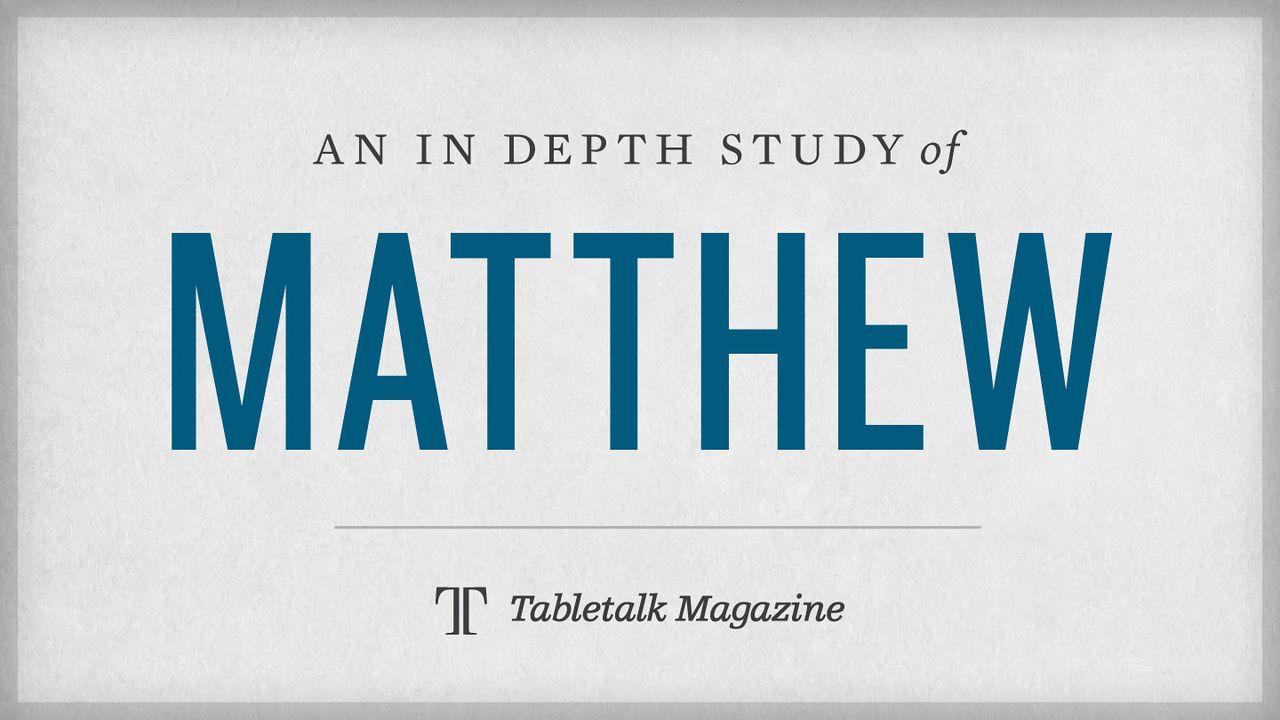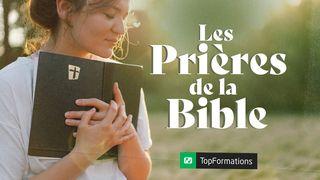An In Depth Study of MatthewExemple

A Somber Warning
Just as the Holy Spirit inspired Moses to write five books of the Bible (Genesis through Deuteronomy), so too did He move Matthew to group Christ’s teaching into five major discourses so that we might recognize Jesus as the new and better Moses, mediator of a new and better covenant. The first of these sections, the Sermon on the Mount (Matt. 5–7), highlights kingdom ethics and the true meaning of God’s law. Chapter 10 is sometimes called the “Missionary Discourse” because it focuses on principles for preaching the Gospel in a hostile world. Matthew 13 is the third major discourse, collecting many of Jesus’ parables about the kingdom of heaven, and discourse number five in chapters 24–25 speaks of the destruction of Jerusalem and the final judgment.
Relationships among God’s people in the church are emphasized in our Savior’s fourth discourse recorded in Matthew 18, the subject of our study over the next week. In verses 1–4 we are ordered to become like children — who are absolutely dependent on their parents for survival — and admit our complete dependence on the Father. Today’s passage develops this analogy to clarify how Christians are to relate to one another. Jesus is not only talking about children in verse 5; He is also referring metaphorically to His own people. Above all, we must welcome other believers and “show hospitality to one another without grumbling” (1 Peter 4:9). To do so is to be hospitable to Jesus Himself, for, as the church father Jerome explains, “whoever lives so as to imitate Christ’s humility and innocence, in him Christ is taken up” (Commentary on Matthew 3.18.5). We respect our Lord when we respect other believers. Contrariwise, to hate fellow Christians is to hate Jesus (Matt. 10:40–42; 1 John 4:20).
If we fail to welcome Christ when we do not welcome other believers, how much worse off are we if we lead other professing Christians astray? So horrible is the fate of those who lead others into sin or who do all they can to demolish the faith of others in the church that it would be better to be drowned than to make another stumble (Matt. 18:6). Let us honor Jesus with our words and deeds that we might never cause crises of faith in others.
Coram deo: Living before the face of God
One commentator says that leading others into sin can be done in ways that do not involve false teaching. Failure to provide adequate pastoral care, for example, can make us unable to see trouble in the lives of others, leading us to overlook the need to rescue a sheep in danger of going astray. To one degree or another, Jesus has made each believer accountable to every other believer. We honor the Lord who bought us when we care for one another.
Écritures
À propos de ce plan

Daily studies in the Gospel of Matthew from Tabletalk, a devotional magazine from Ligonier Ministries and R.C. Sproul.
More
Plans suggérés

Les Prières De La Bible

Je Prie Pour Lui

Pourquoi tant de chrétiens ont perdu leur premier amour

Daniel: une foi sans compromis | Église Nouvelle Vie Ados

Jésus : la véritable lumière du monde

"Plus De Toi" 3 jours pour se rapprocher de Dieu

Les caractéristiques d'un leader spirituel sain

5 Jours Pour Devenir Riche Selon Dieu

Choisissez votre mot ! Une pratique du Nouvel An pour une vie de soumission à Dieu
